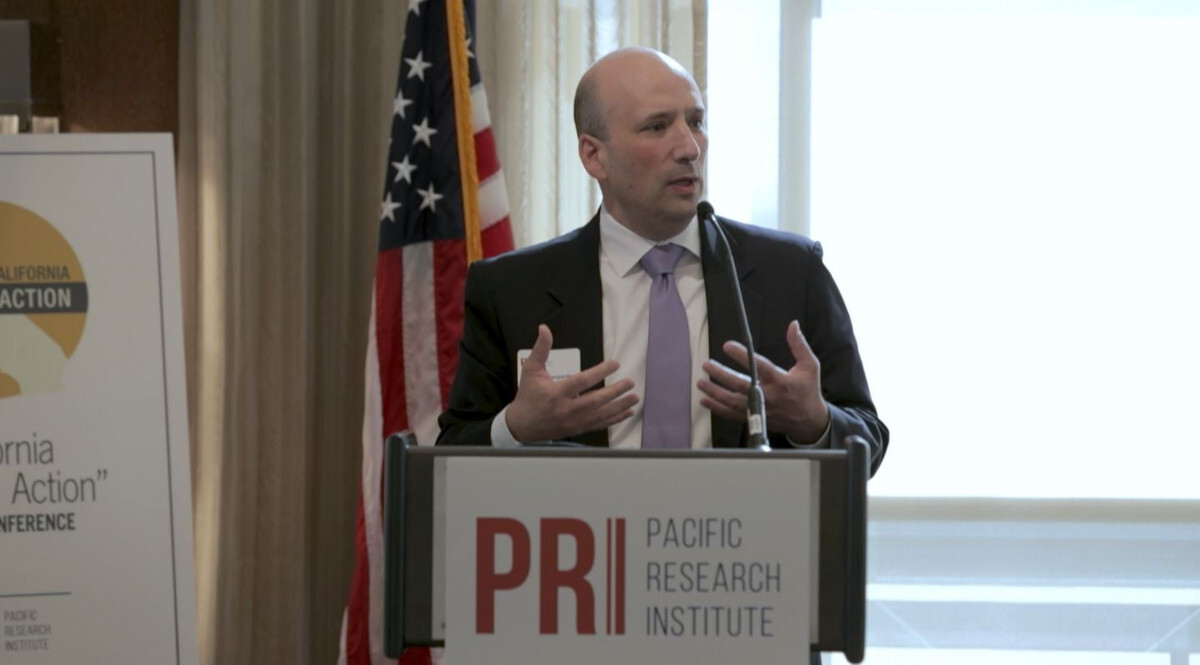Wayne Winegarden, senior fellow of business and economics at Pacific Research Institute. | Facebook/Pacific Research Institute
Wayne Winegarden, senior fellow of business and economics at Pacific Research Institute. | Facebook/Pacific Research Institute
Eliminating Wisconsin’s minimum markup law, a nearly century-old law mandating a minimum profit margin for gasoline and some other retailers, would put more money in consumers’ pockets than either a state or federal gasoline tax holiday, according to economist Wayne Winegarden, senior fellow of business and economics at the Pacific Research Institute.
“Eliminating the minimum markup law would create a healthier competitive environment and have beneficial cost implications in the longer-run than a gas tax holiday,” Winegarden said. “Further, the elimination of the tax has implications for the maintenance budgets for roads and highways. Eliminating minimum markups creates a more efficient pricing environment with long-term benefits and no broader cost offset (other than the elimination of protected margins).”
The nearly 100-year-old statute mandates gas sellers charge 9% more than their wholesale price of a gallon of gasoline. At today’s prices, that mandatory markup equals a larger price than either the state gasoline tax or the federal gasoline tax.
The average price of a gallon of gas in Wisconsin as of the week ending April 8 was $3.80 a gallon, according to AAA. The 9% markup in Wisconsin equates to 34 cents a gallon, higher than the current 32.9 cents per gallon in state gas taxes.
In March, Gov. Tony Evers called on federal lawmakers to pass a federal gas tax holiday to deal with spiking gasoline prices. When asked by TMJ4 news about holding up the state gas tax, Evers said, “That’s possible, but I think the major one is out of the federal government, so hopefully, we’ll find some help there.”
Sarah Godlewski, state treasurer and candidate for U.S. Senate, echoed Evers’ call for eliminating the federal gas tax, which is 18.4 cents per gallon, even though it would give almost half as much money to Wisconsin consumers than eliminating the minimum markup law. Godlewski commented on her plan of cutting costs saying, “Offers straightforward solutions that would help immediately lower costs for working families, address the widespread supply chain issues our country is facing, and crack down on corporate greed because working Wisconsinites deserve a fair shake from Washington, not business as usual.”
Despite these calls to reduce Wisconsin consumers’ high gas price burden, the state’s legislature failed to roll back the minimum markup call in the recent legislative session that just concluded. This bill would have allowed more products to be exempt from mandatory markups, such as generic medicines, amid soaring inflation.





 Alerts Sign-up
Alerts Sign-up